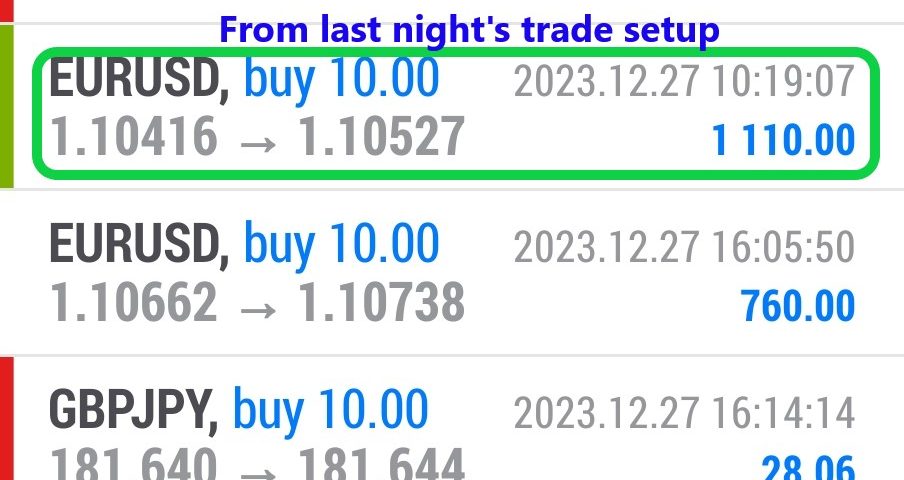Interest rates make the forex world go ’round!
In other words, the forex market is ruled by global interest rates.
A currency’s interest rate is probably the biggest factor in determining the perceived value of a currency.
So knowing how a country’s central bank sets its monetary policy, such as interest rate decisions, is a crucial thing to wrap your head around.
Inflation
One of the biggest influences on a central bank’s interest rate decision is price stability or “inflation”.
Inflation is a steady increase in the prices of goods and services.
Inflation is the reason why your parents or your parents’ parents paid a nickel for a soda pop in the 1920s, but now people pay twenty times more for the same product.
It’s generally accepted that moderate inflation comes with economic growth.
However, too much inflation can harm an economy and that’s why central banks are always keeping a watchful eye on inflation-related economic indicators, such as the CPI and PCE.
Central Banks
| COUNTRY | CENTRAL BANK |
|---|---|
| Australia | Reserve Bank of Australia (RBA) |
| Canada | Bank of Canada (BOC) |
| European Union | European Central Bank (ECB) |
| Japan | Bank of Japan (BOJ) |
| New Zealand | Reserve Bank of New Zealand (RBNZ) |
| Switzerland | Swiss National Bank (SNB) |
| United Kingdom | Bank of England (BOE) |
| United States | Federal Reserve System (Fed) |
In an effort to keep inflation at a comfortable level, central banks will most likely increase interest rates, resulting in lower overall growth and slower inflation.
This occurs because setting high-interest rates normally forces consumers and businesses to borrow less and save more, putting a damper on economic activity.
Loans just become more expensive while sitting on cash becomes more attractive.
On the other hand, when interest rates are decreasing, consumers and businesses are more inclined to borrow (because banks ease lending requirements), boosting retail and capital spending, thus helping the economy to grow.
What does this have to do with the forex market?
Well, currencies rely on interest rates because these dictate the flow of global capital into and out of a country.
They’re what investors use to determine if they’ll invest in a country or go elsewhere.
For instance, if you had your choice between a savings account offering a 1% interest rate and another offering .25%, which would you choose?
Neither, you say?
Yeah, we’re inclined to go the same route – keep the money under the mattress, ya know what we mean? – but that’s not an option.
Ha! You would pick the 1%, right?
We hope so… because 1 is bigger than 0.25. Currencies work the same way!
The higher a country’s interest rate, the more likely its currency will strengthen. Currencies surrounded by lower interest rates are more likely to weaken over the longer term.
Pretty simple stuff.
The main point to be learned here is that domestic interest rates directly affect how global market players feel about a currency’s value relative to another.






